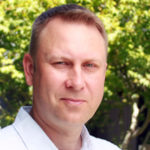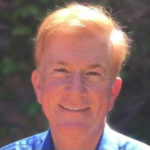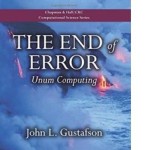Peter Lindstrom from LLNL gave this talk at the Conference on Next Generation Arithmetic in Singapore. “We propose a modular framework for representing the real numbers that generalizes IEEE, POSITS, and related floating-point number systems, and which has its roots in universal codes for the positive integers such as the Elias codes. This framework unifies several known but seemingly unrelated representations within a single schema while also introducing new representations.”
John Gustafson to host BoF on Posit Arithmetic at SC17
John Gustafson from A*STAR will host a BoF on Posit arithmetic at SC17. Entitled, “Improving Numerical Computation with Practical Tools and Novel Computer Arithmetic,” this BOF will be co-hosted by Mike Lam with discussions on tools for measuring floating point accuracy. “This approach obtains more accurate answers than floating-point arithmetic yet uses fewer bits in many cases, saving memory, bandwidth, energy, and power.”
Radio Free HPC Looks at Posit Computing
In this podcast, the Radio Free HPC team looks at the problems with IEEE Floating Point. “As described in a recent presentation by John Gustafson, the flaws and idiosyncrasies of floating-point arithmetic ‘constitute a sizable portion of any curriculum on Numerical Analysis.’ The whole thing has Dan pretty worked up, so we hope that the news of Posit Computing coming to the new processors from Rex Computing will help.”
Slidecast: John Gustafson Explains Energy Efficient Unum Computing
“Written by one of the foremost experts in high-performance computing and the inventor of Gustafson’s Law, The End of Error: Unum Computing explains a new approach to computer arithmetic: the universal number (unum). The unum encompasses all IEEE floating-point formats as well as fixed-point and exact integer arithmetic. This new number type obtains more accurate answers than floating-point arithmetic yet uses fewer bits in many cases, saving memory, bandwidth, energy, and power.”







